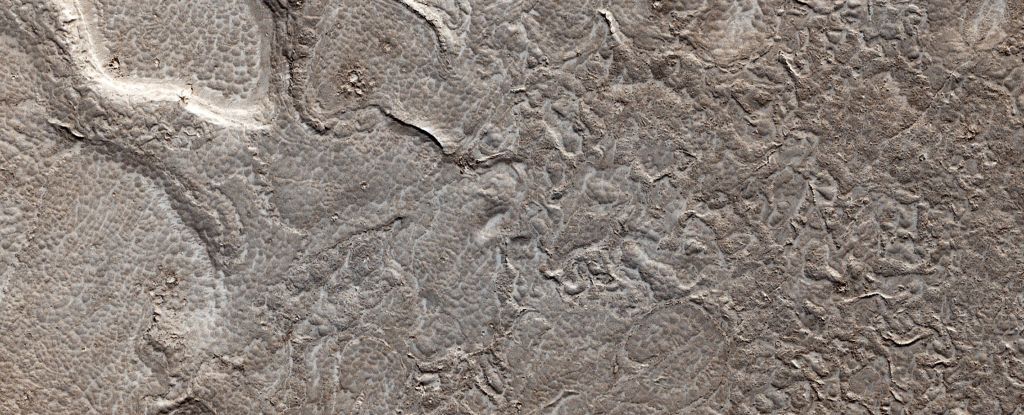Radar data helped scientists study the geological history of the Elysium Planitia on Mars. It turned out that the last time volcanic activity in the area was observed between 120 and 1 million years ago. This casts doubt on the idea that the Red Planet is now geologically dead.

Volcanic activity on the Elysium Planitia
NASA scientists have made a discovery that could change the way we think about the geology of Mars. They used satellite imagery and ground-penetrating radar data to explore the Martian region known as the Elysium Planitia. The scientists made three-dimensional maps of the surface and found out what is located up to 140 meters below it.
The Elysian Planitia has long been known as a place formed by volcanic activity. Until now, scientists were convinced that the last time lava flowed here was several billion years ago. However, a new study shows that between 120 and 1 million years ago, about 40 eruptions took place in the area, which shaped the landscape of the region.
The scientists were particularly impressed by the fact that some of the young lava flows, which are clearly visible on the map, were clearly frozen in the presence of water. This means that both water and lava came to the surface at the same time. The atmospheric pressure on Mars is low enough for the liquid to boil very quickly, but there was so much of it that it caused a flood.
Is Mars dead?
The discoveries made can be considered sensational because they completely change the idea of the Red Planet as geologically dead. There is indeed no global movement of lithospheric plates here, but liquid magma in the depths of the planet may still be present.
In recent years, the InSight rover has repeatedly recorded mars tremors, which can be seen as evidence that geological activity has not stopped. Then scientists found volcanic plume under the planet’s surface.
And now scientists have discovered that volcanic activity has been observed on the Elysian Planitia relatively recently. They are especially intrigued by the news of lava coming into contact with water. On Earth, such places are full of microscopic life, so there is a chance that it has been preserved there on Mars. Based on the materials www.sciencealert.com

